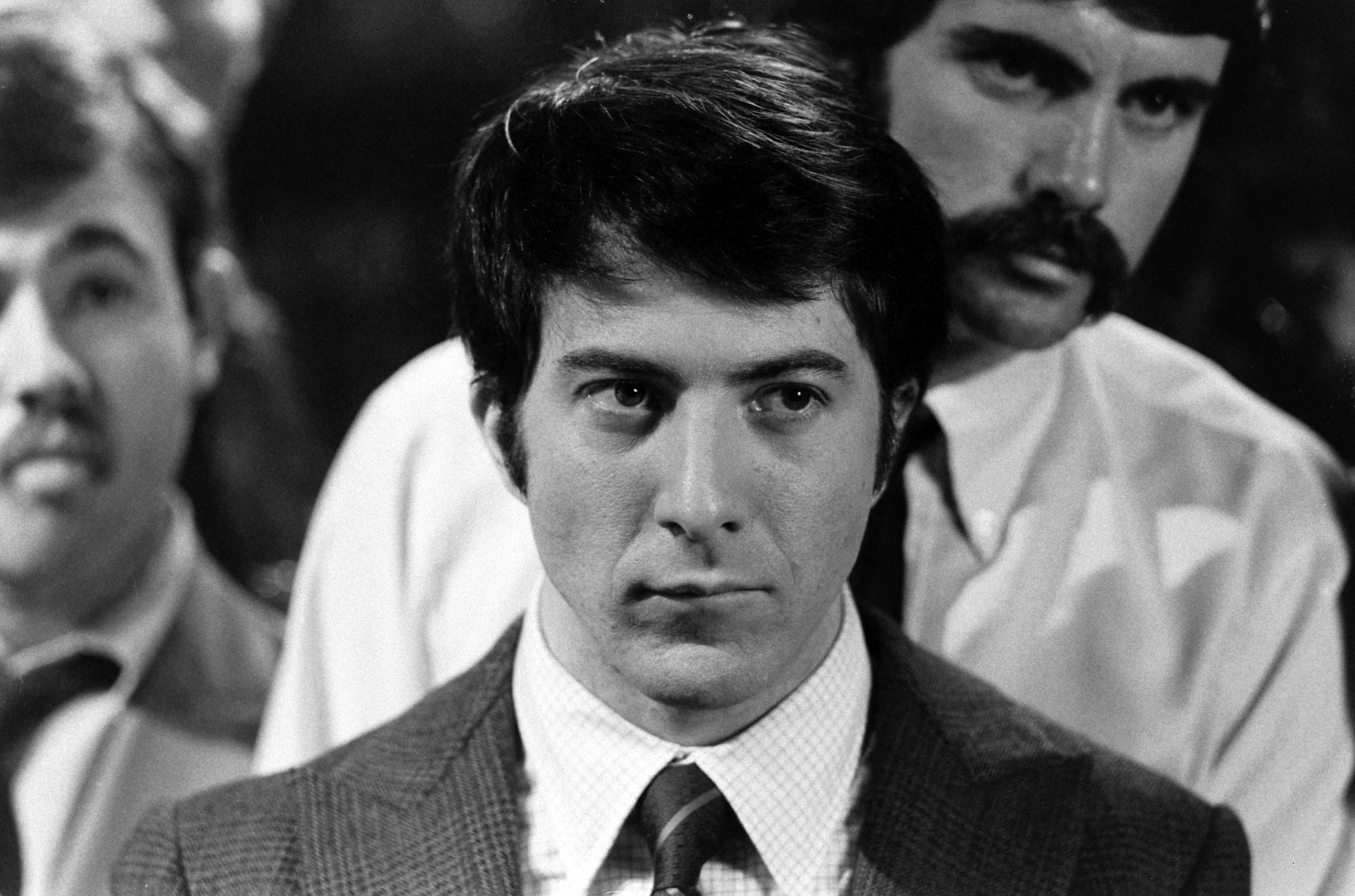
If they stick around long enough, great actors — or great American actors, anyway — often seem to go through similar, predictable stages in their careers. Namely, a thrilling, volatile early brilliance, followed by a period of sustained mastery — usually resulting in at least one Oscar. Then, self-parody and near-obsolescence, and finally, resurrection and redemption in later years, in roles that remind everyone why they became stars (and legends) in the first place.
DeNiro, Pacino, Brando (of course) — they all fit the bill, as does Dustin Hoffman, whose range and sharpness as an actor has often been obscured by roles in abominable films. (Sphere, anyone? The Messenger? Little Fockers, fer chrissake?)
But an objective look at the titles and roles for which Hoffman is best known offers clear proof that, despite his annoying, mumbling public persona, the Los Angeles native is one of the most accomplished screen actors America has ever produced: The Graduate. Midnight Cowboy. Little Big Man. Kramer vs. Kramer. Rain Man. Papillon. Tootise. Lenny. All the President’s Men. Wag the Dog.
And then, of course there’s his television work — including his role voicing Lisa’s cool, sensitive, thoughtful substitute teacher, Mr. Bergstrom, in one of the greatest episodes of The Simpsons. (Contractual snags meant that Hoffman had to perform using a pseudonym, so he’s credited as Sam Etic. Semitic. Get it?)
Here, LIFE.com offers photographs of Dustin Hoffman — most of which never ran in LIFE — made by John Dominis when the actor was just coming into his own as an artist and a star. (Many of the photos here feature Hoffman with his first wife, Anne Byrne, and her daughter from a previous marriage, Karina.)
At the time these pictures were made, Midnight Cowboy and The Graduate were behind him. Many of his greatest, defining roles were still ahead of him. But Hoffman admitted something to the magazine in the July 11, 1969, issue of LIFE — in which a few of these pictures first appeared — that today sounds a bit jarring:
“I don’t think at 50 you should be doing what you did when you were 30,” he said, referring to his own plans to become a director as soon as possible. “Acting , especially film acting, seems to me to be more of a female profession. The director, who has all the creative power, really uses the actor. I don’t know many actors who enjoy the work of acting. I like the adulation, the money, the whole gimmick of it, but I don’t think I’m a natural actor.”
Then, in a kind of wistful coda, the 31-year-old Hoffman admits, “I don’t see how people who have done 70 movies keep going.”
Before he’s through, the man who has inhabited some of the most distinctive characters in film history might look back at that sort of declaration and crack that famous, crooked, knowing smile.
Liz Ronk, who edited this gallery, is the Photo Editor for LIFE.com. Follow her on Twitter at @LizabethRonk.
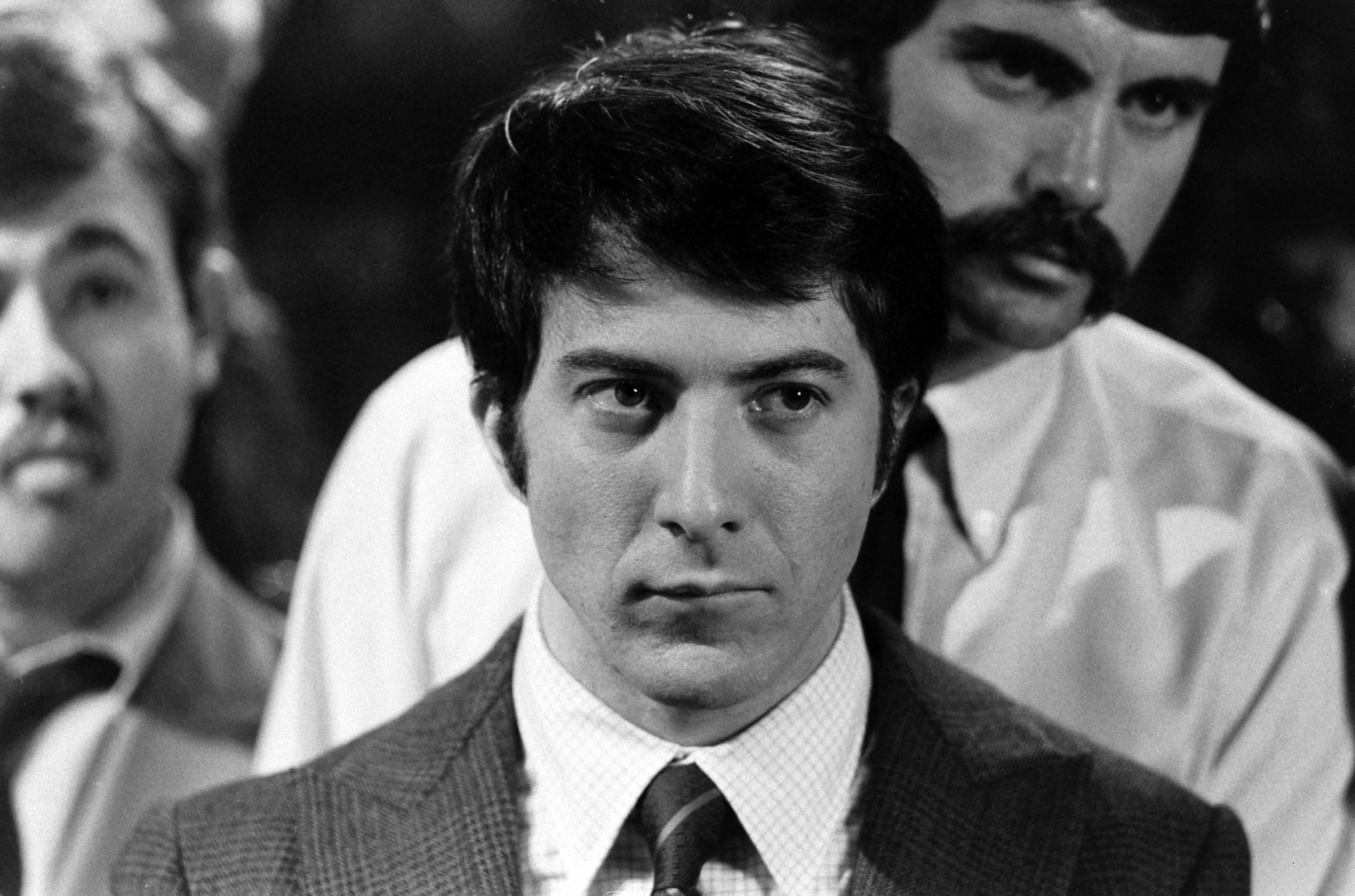
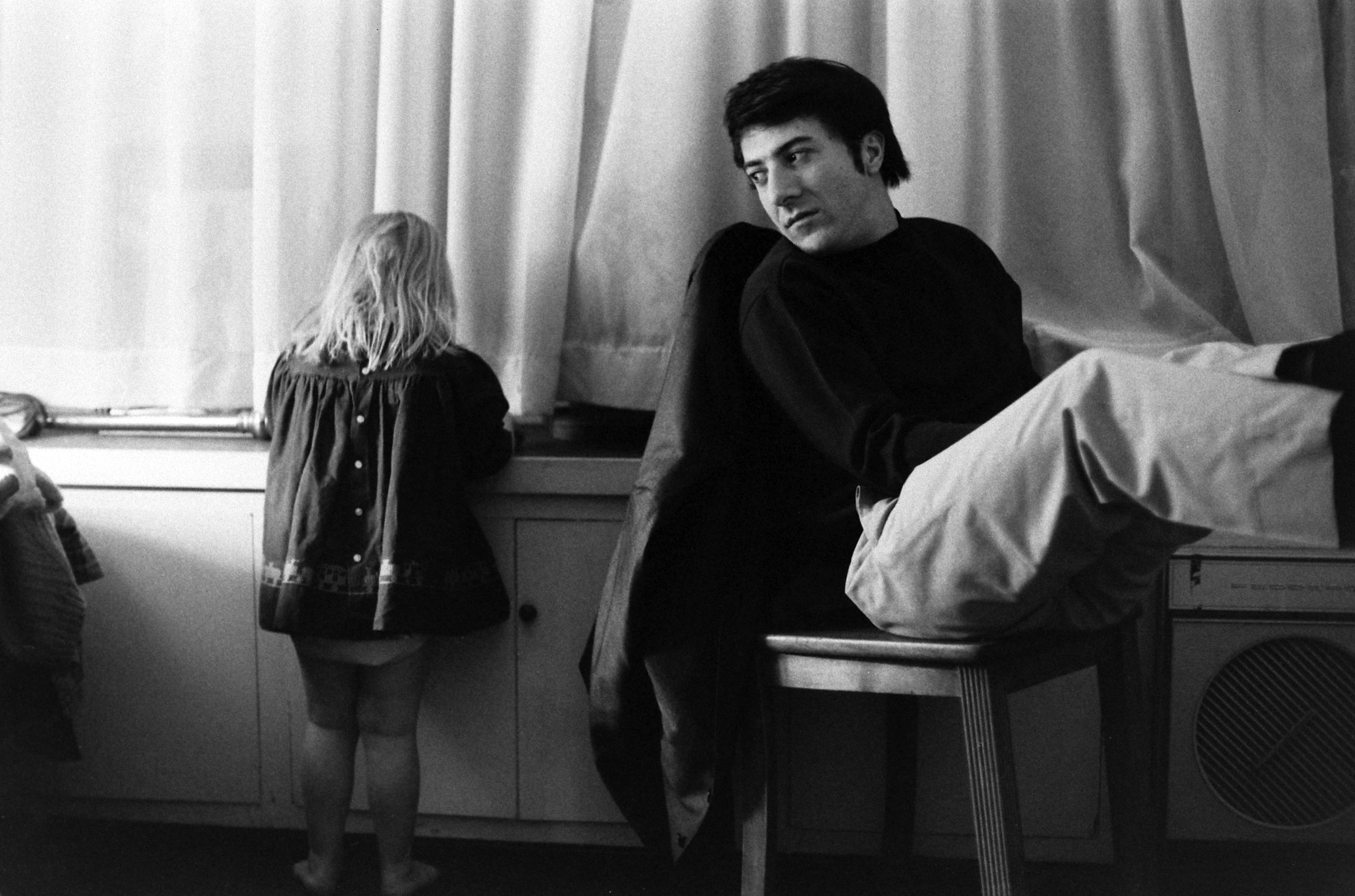
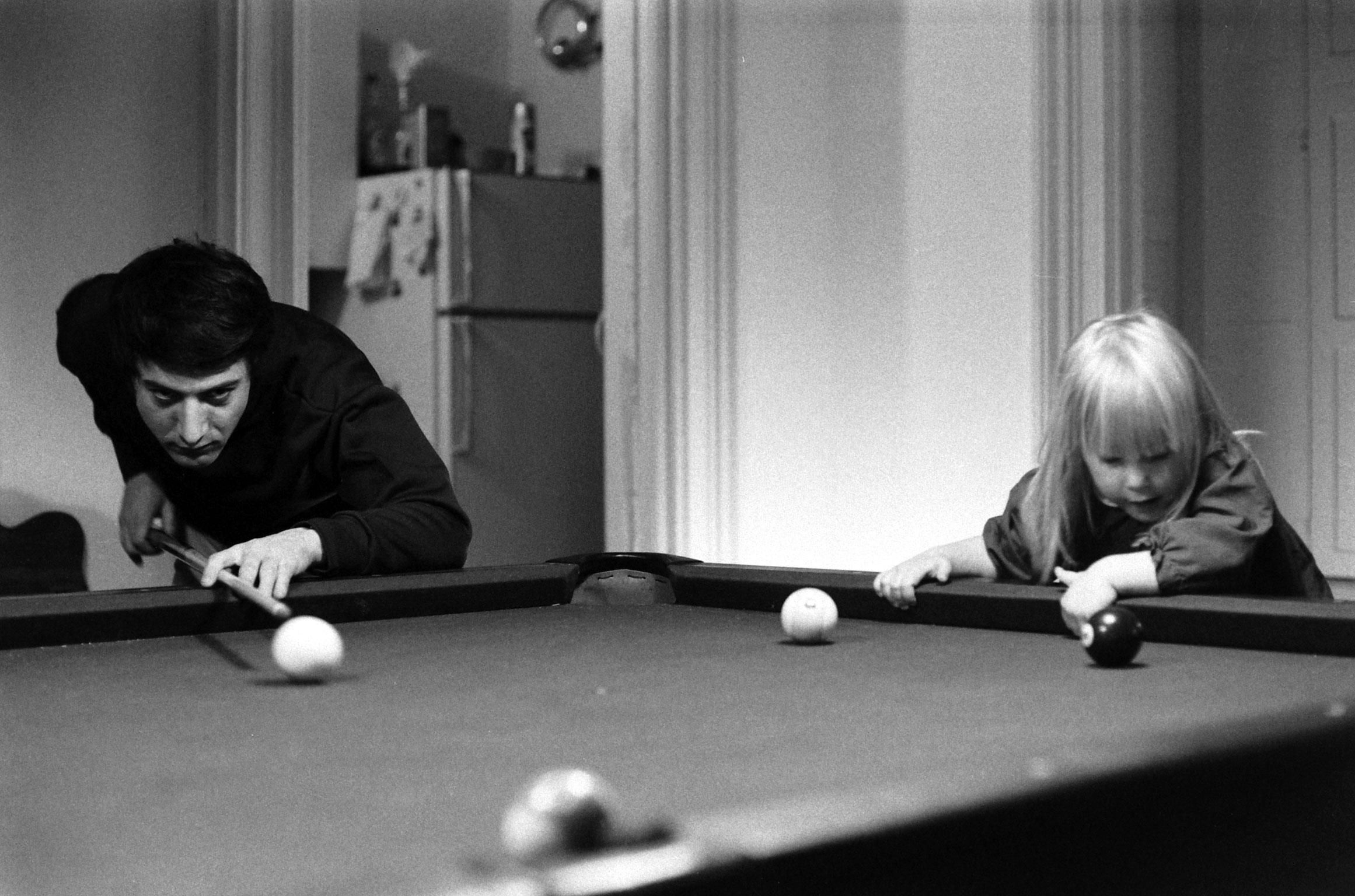
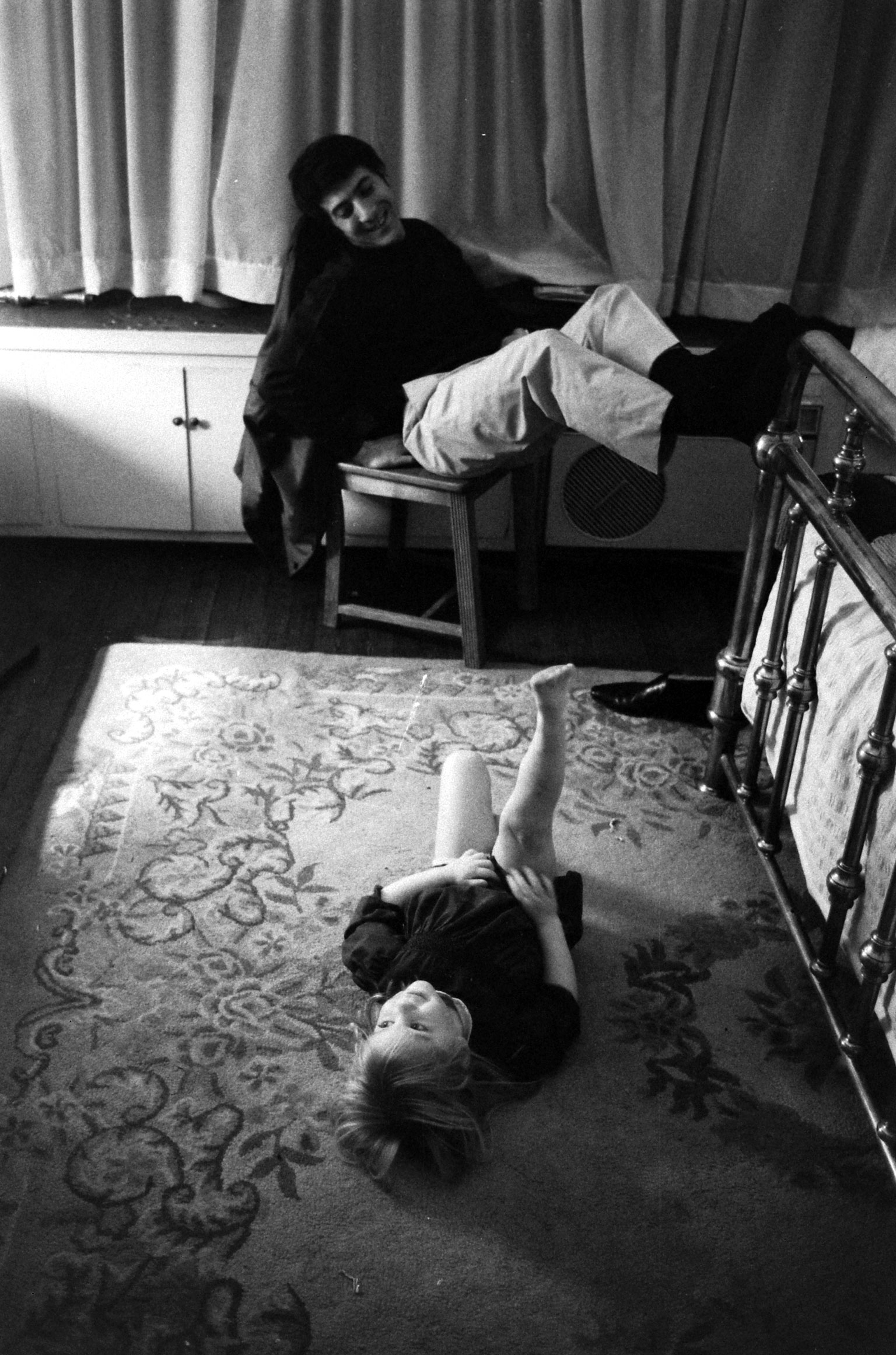
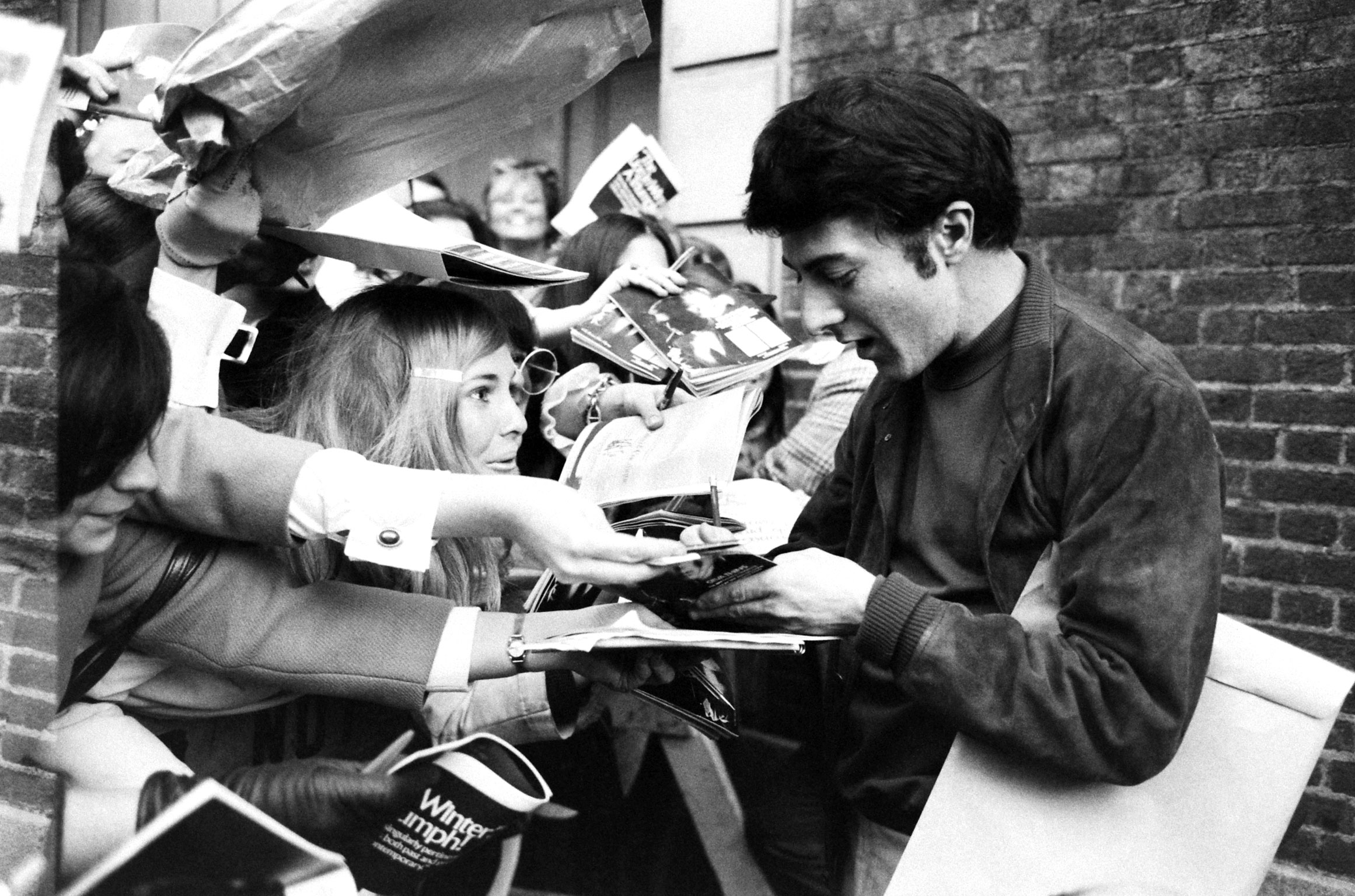
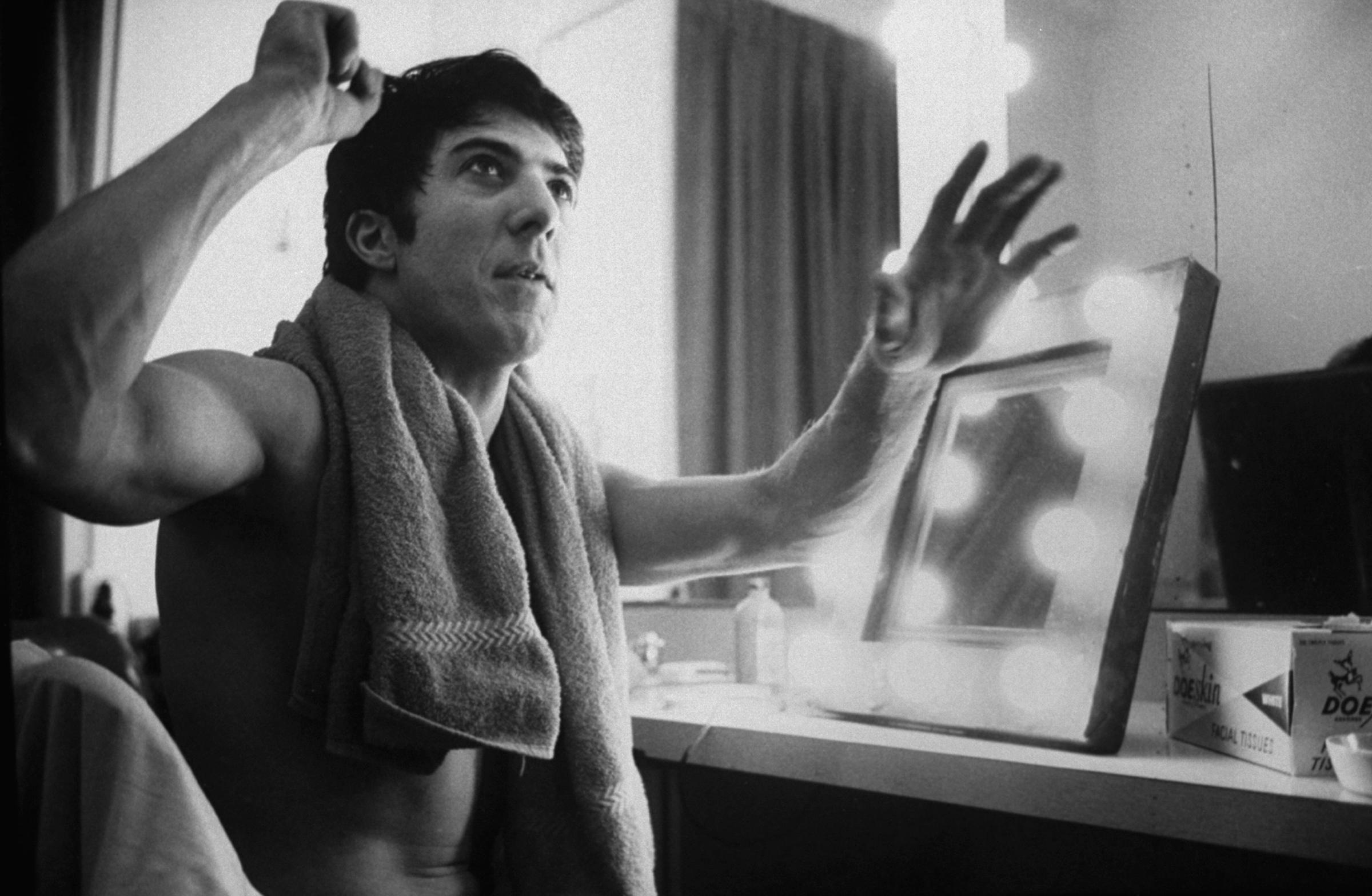
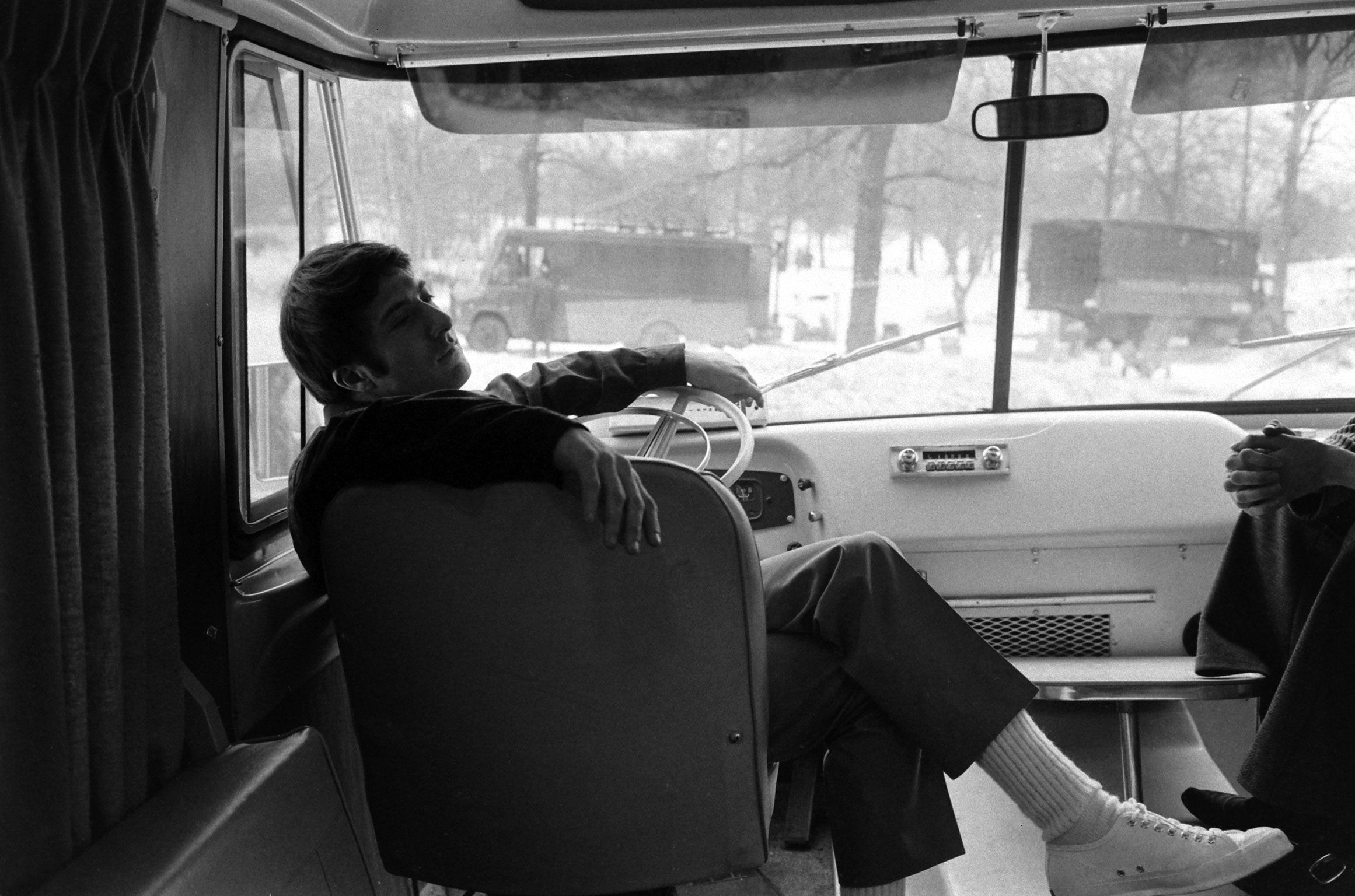
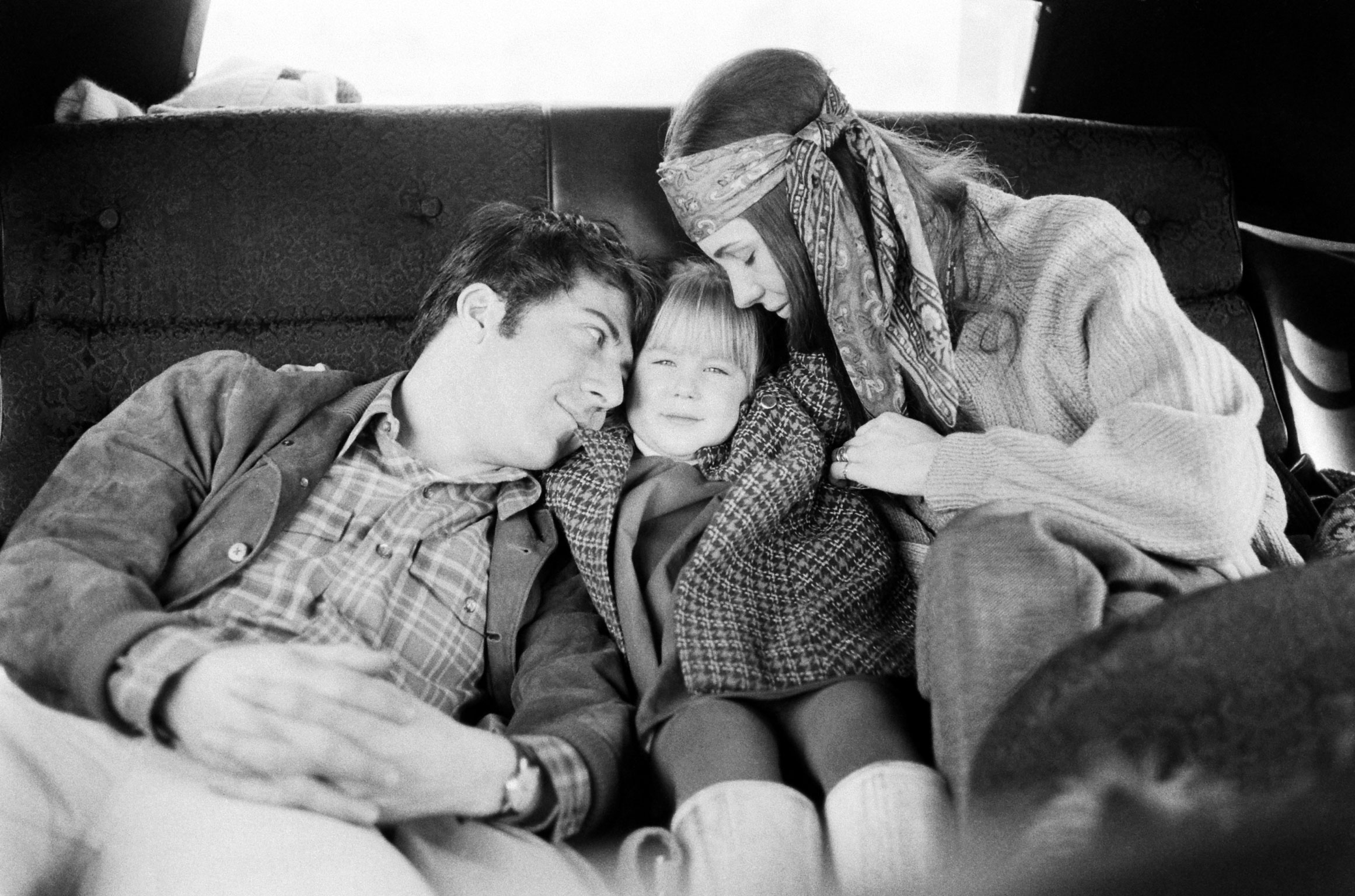
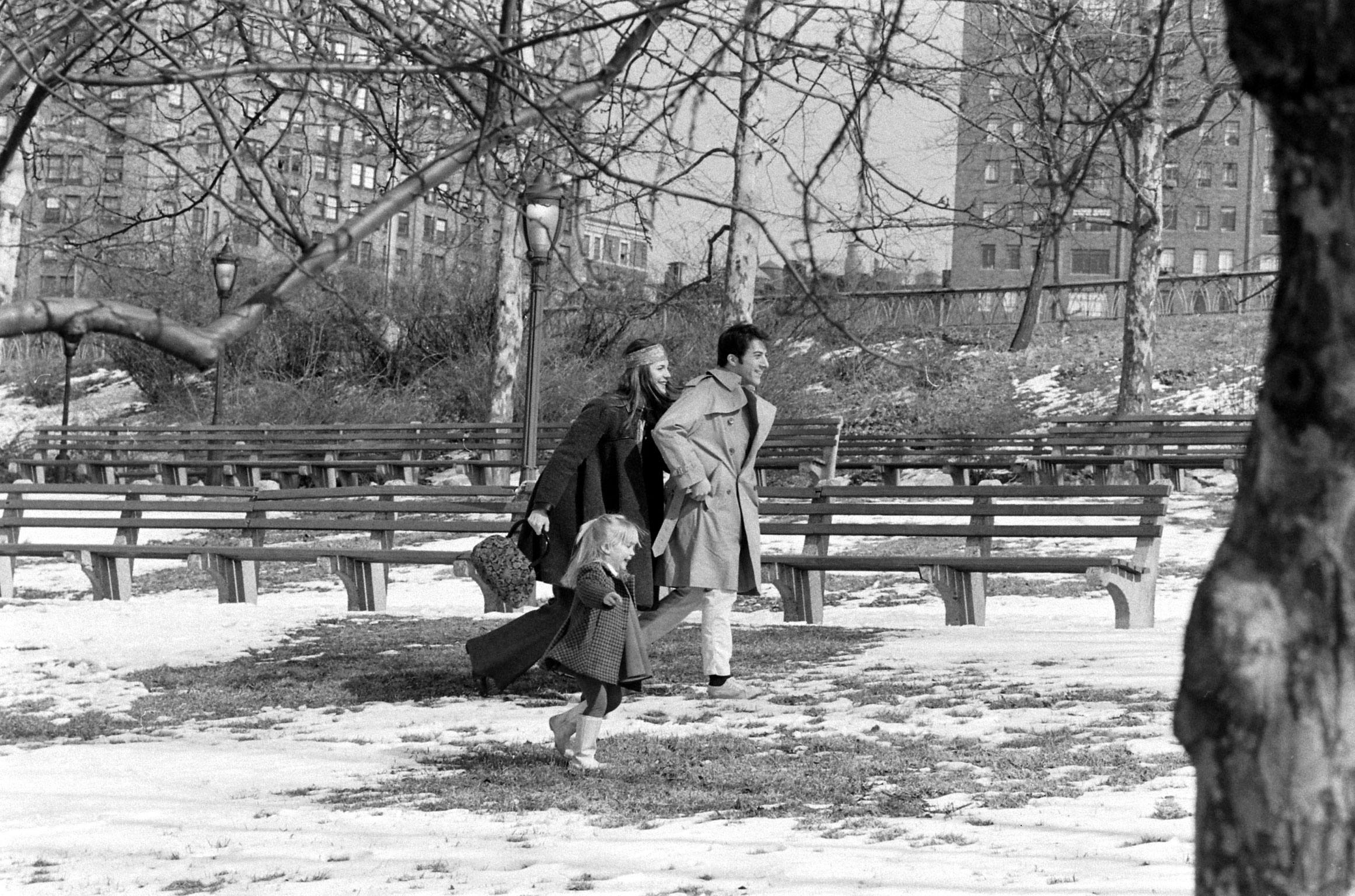
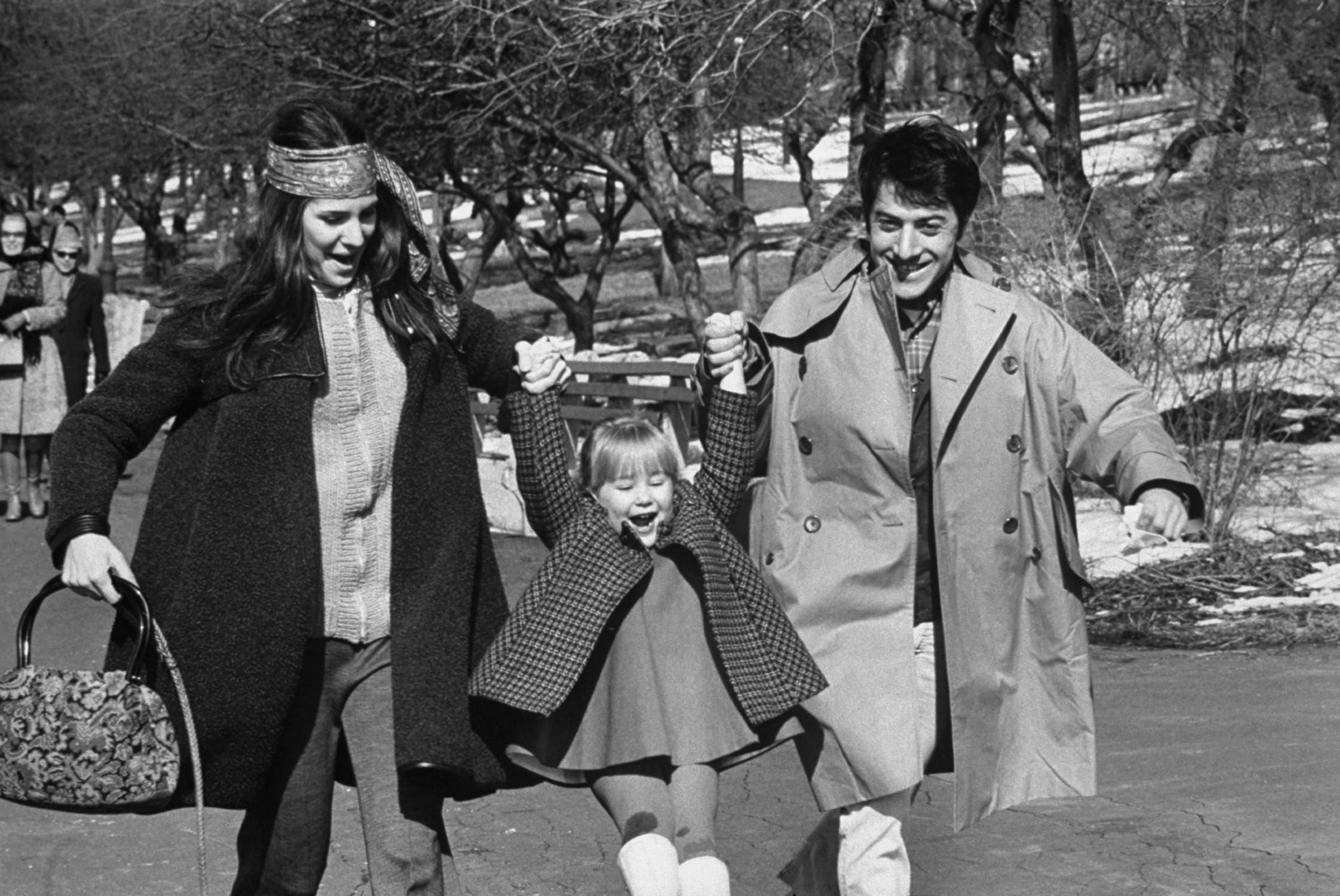
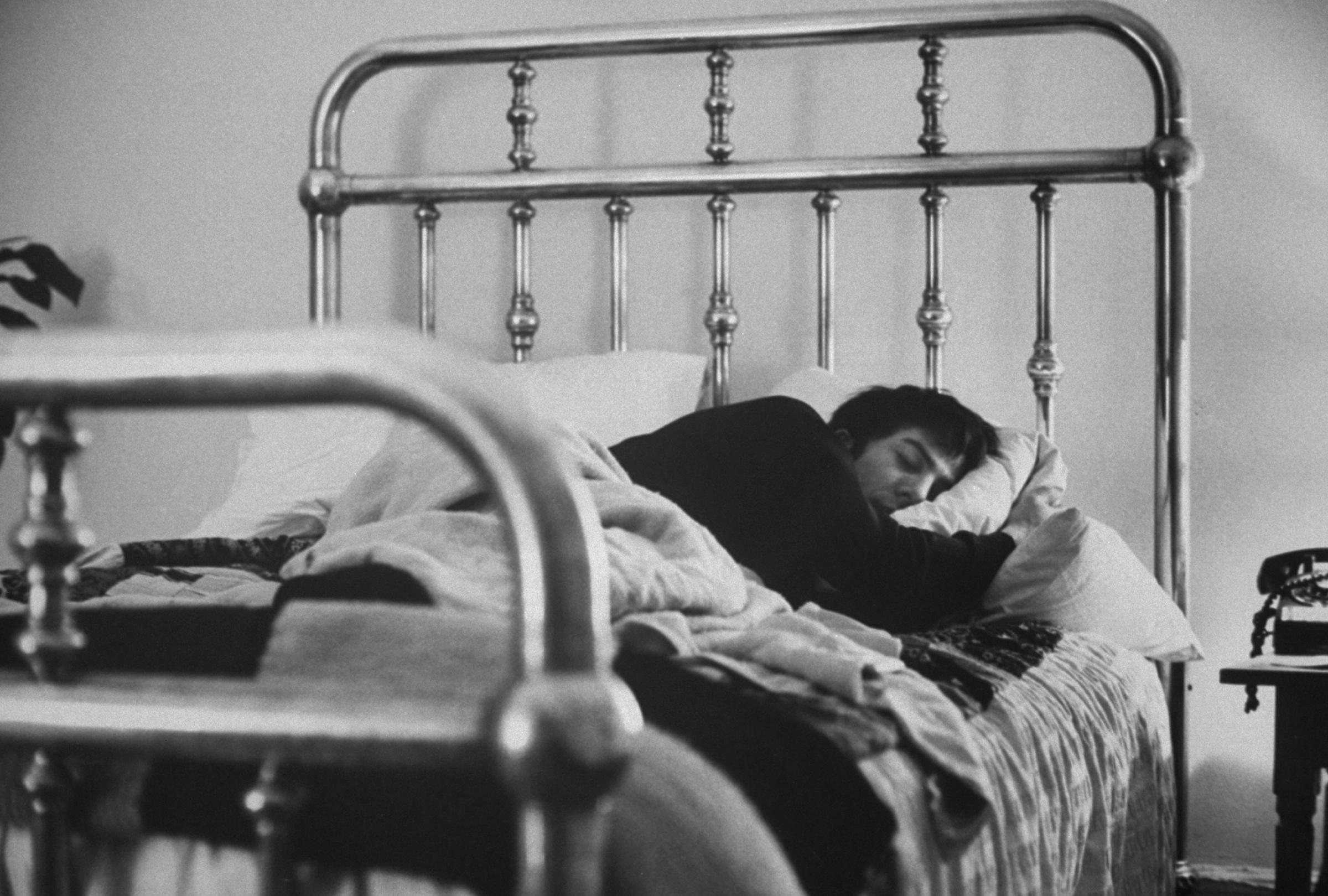
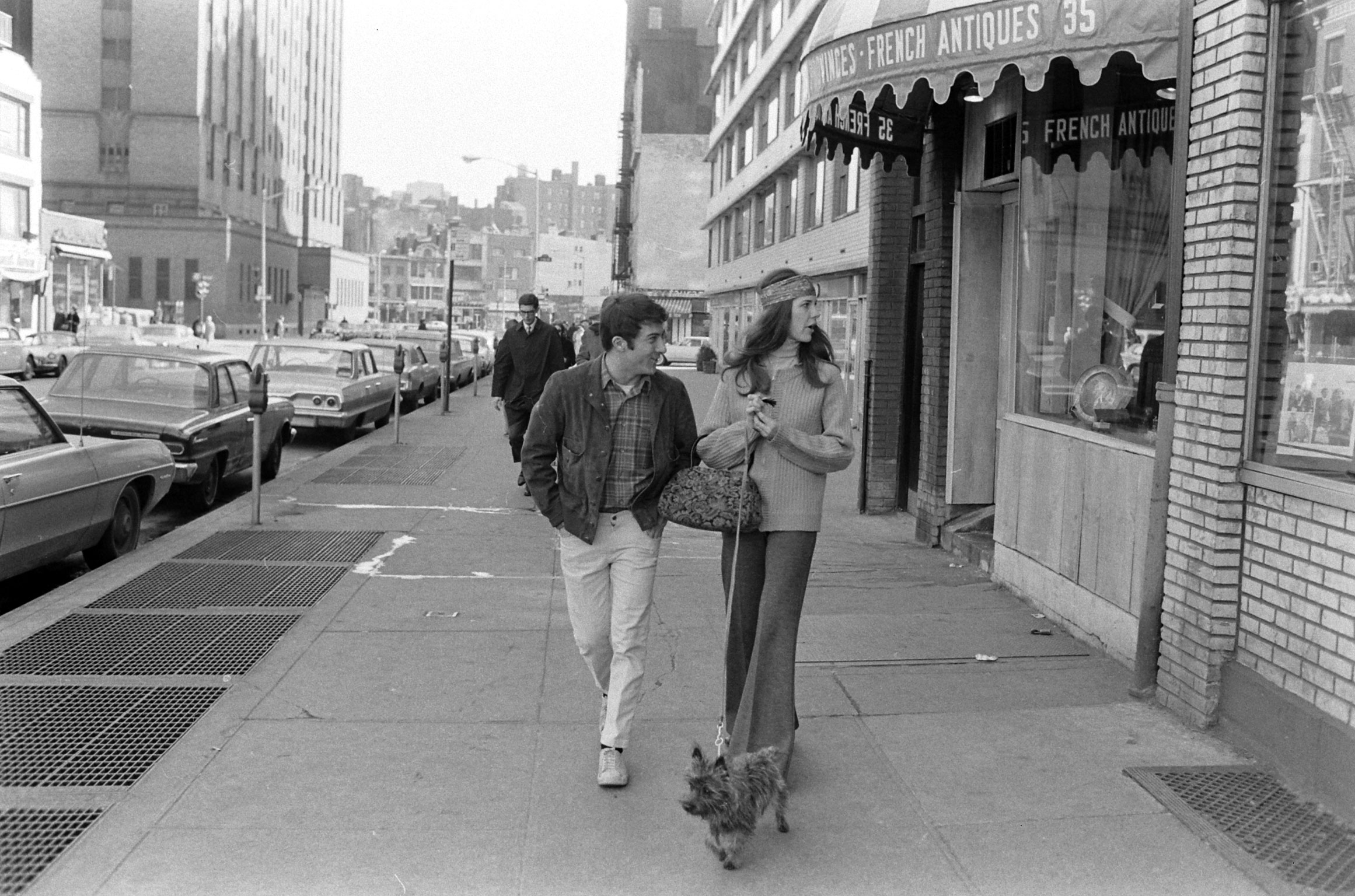
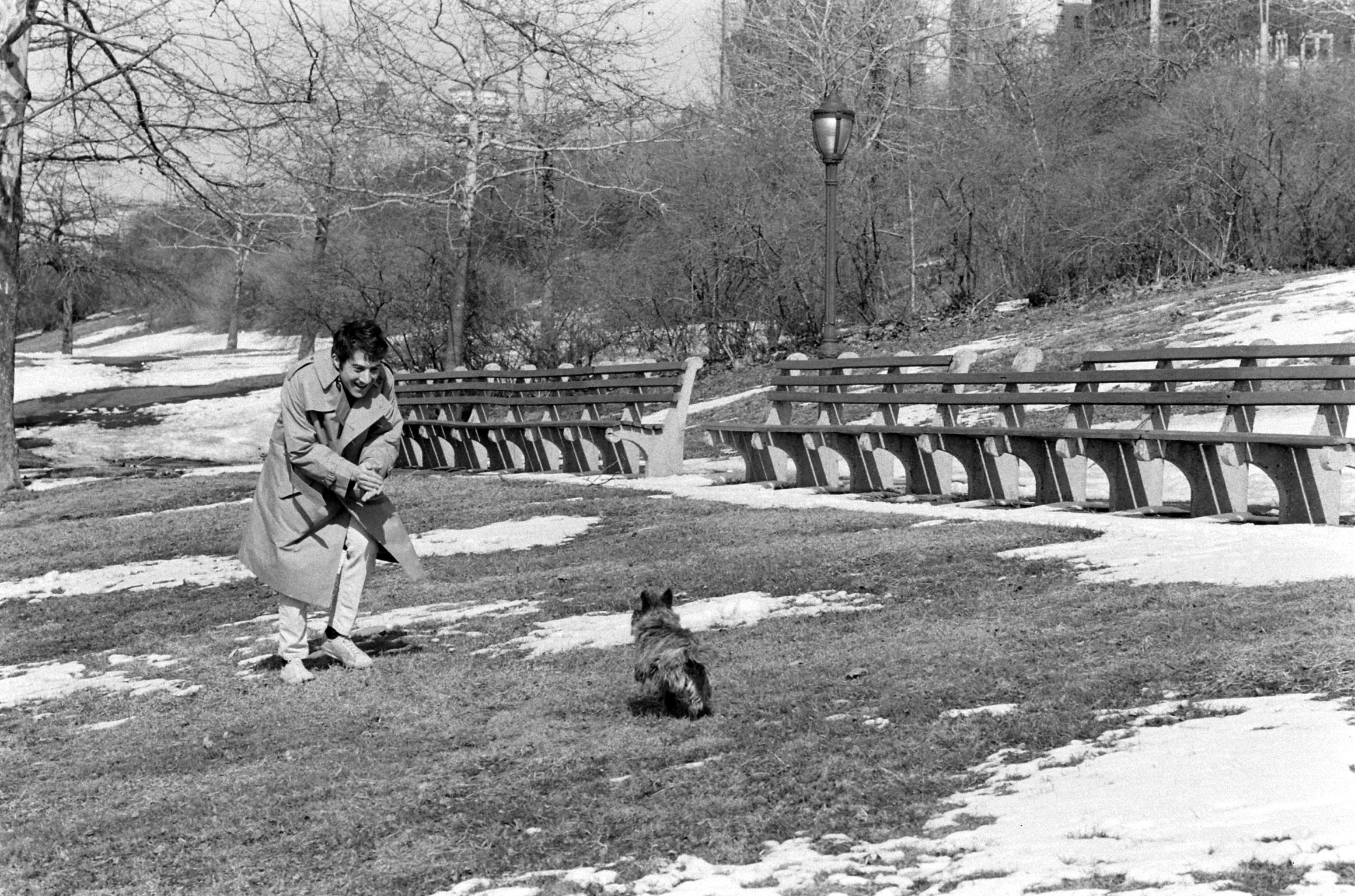
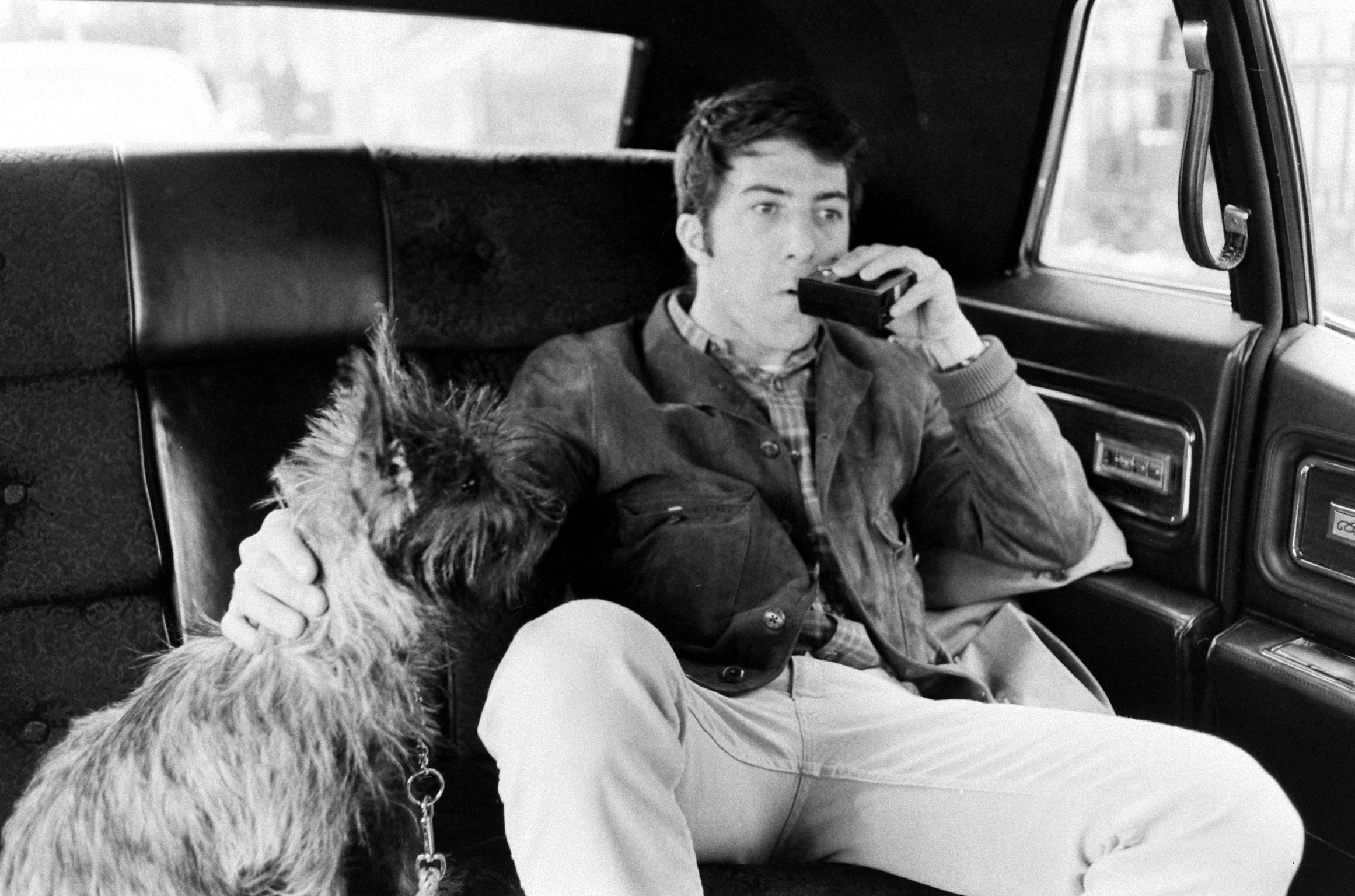
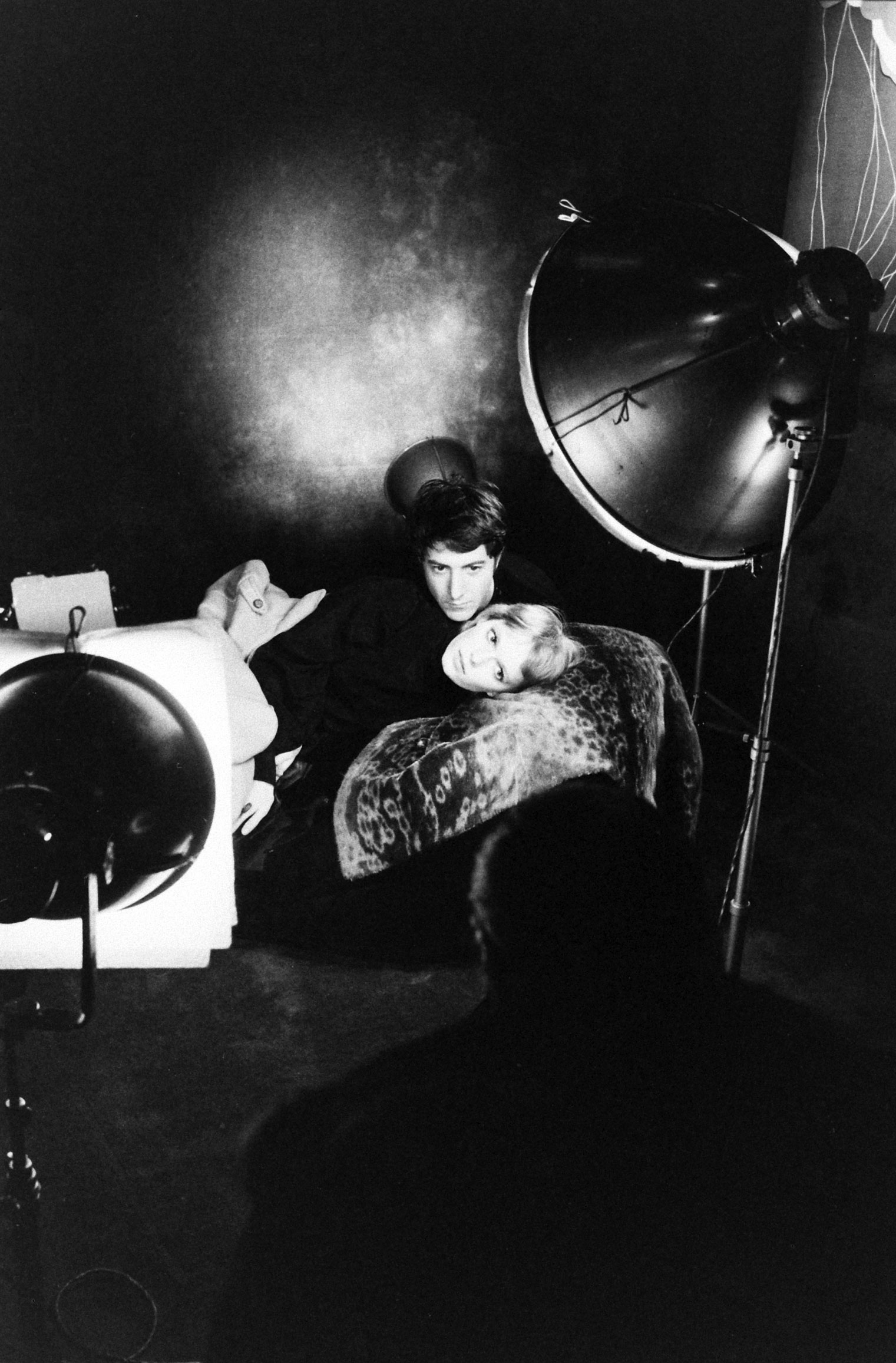
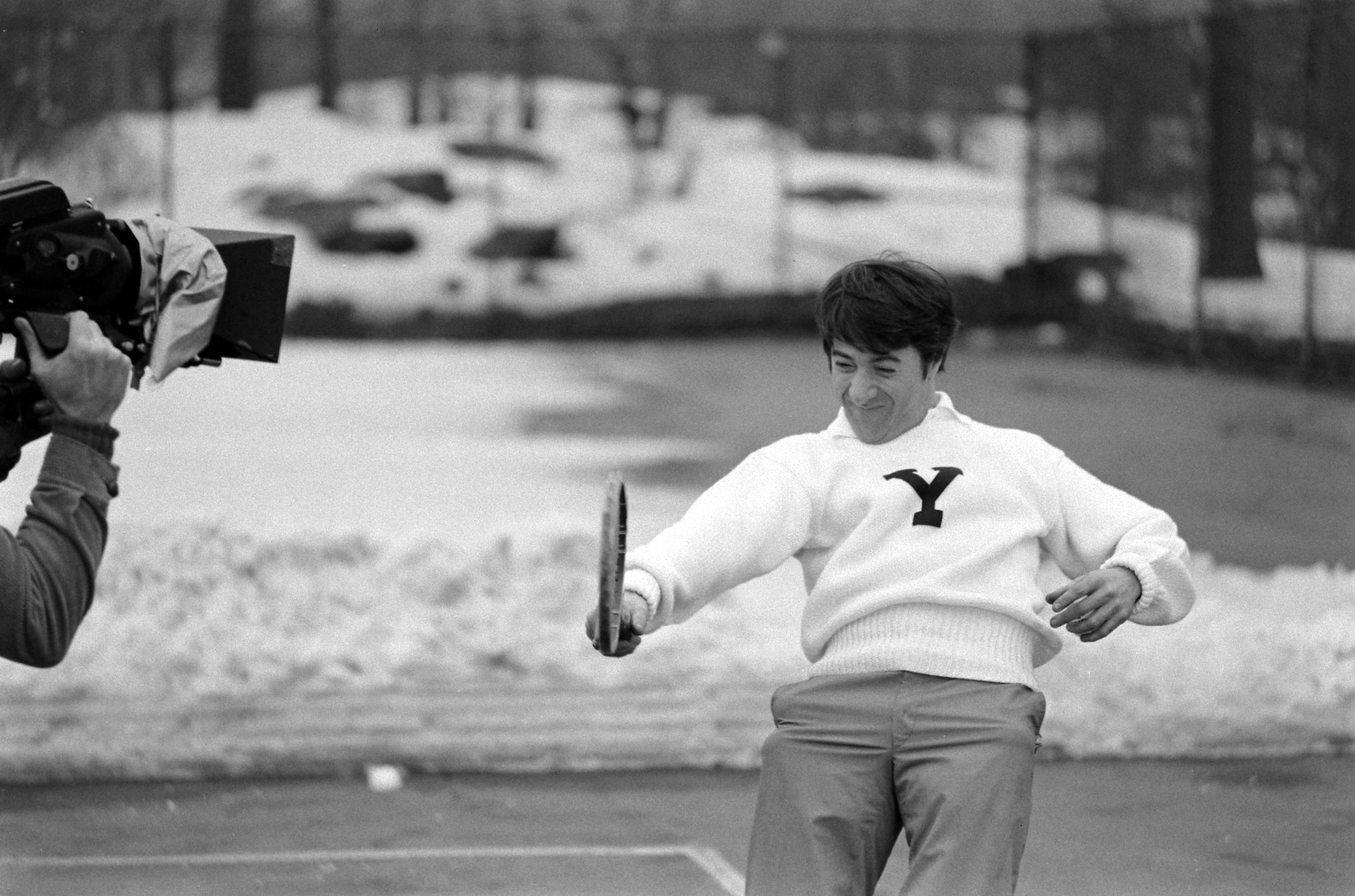
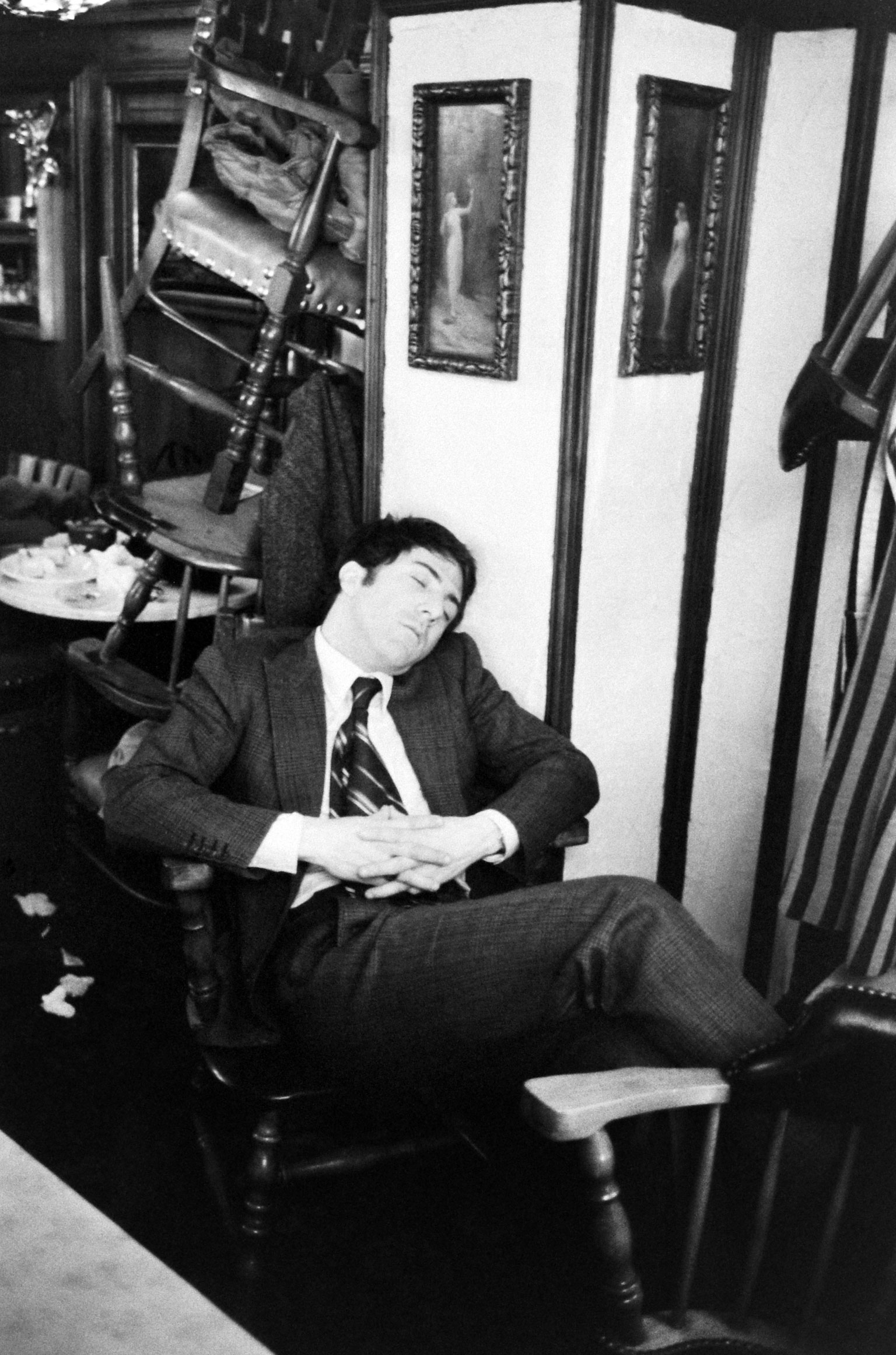
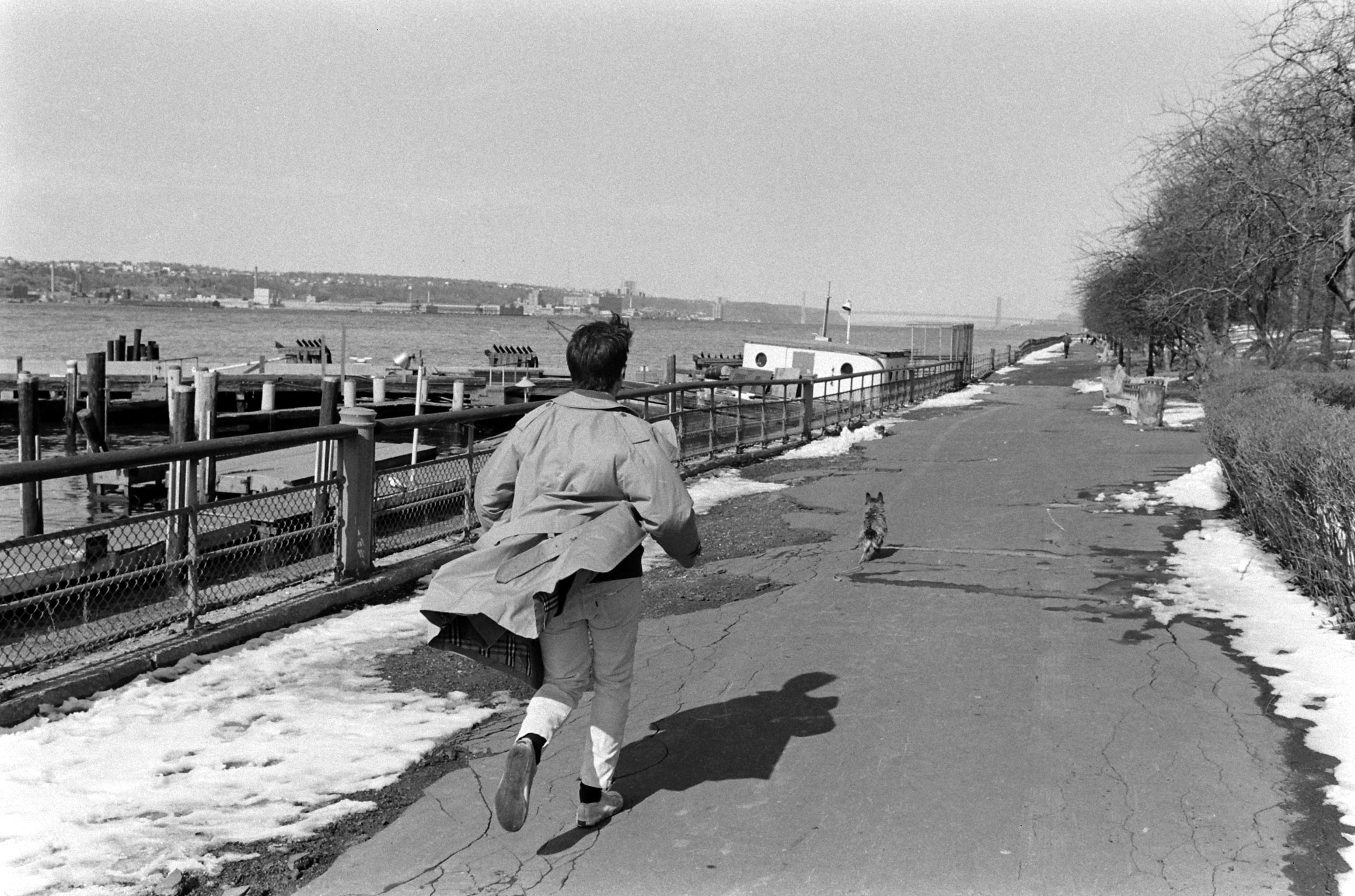
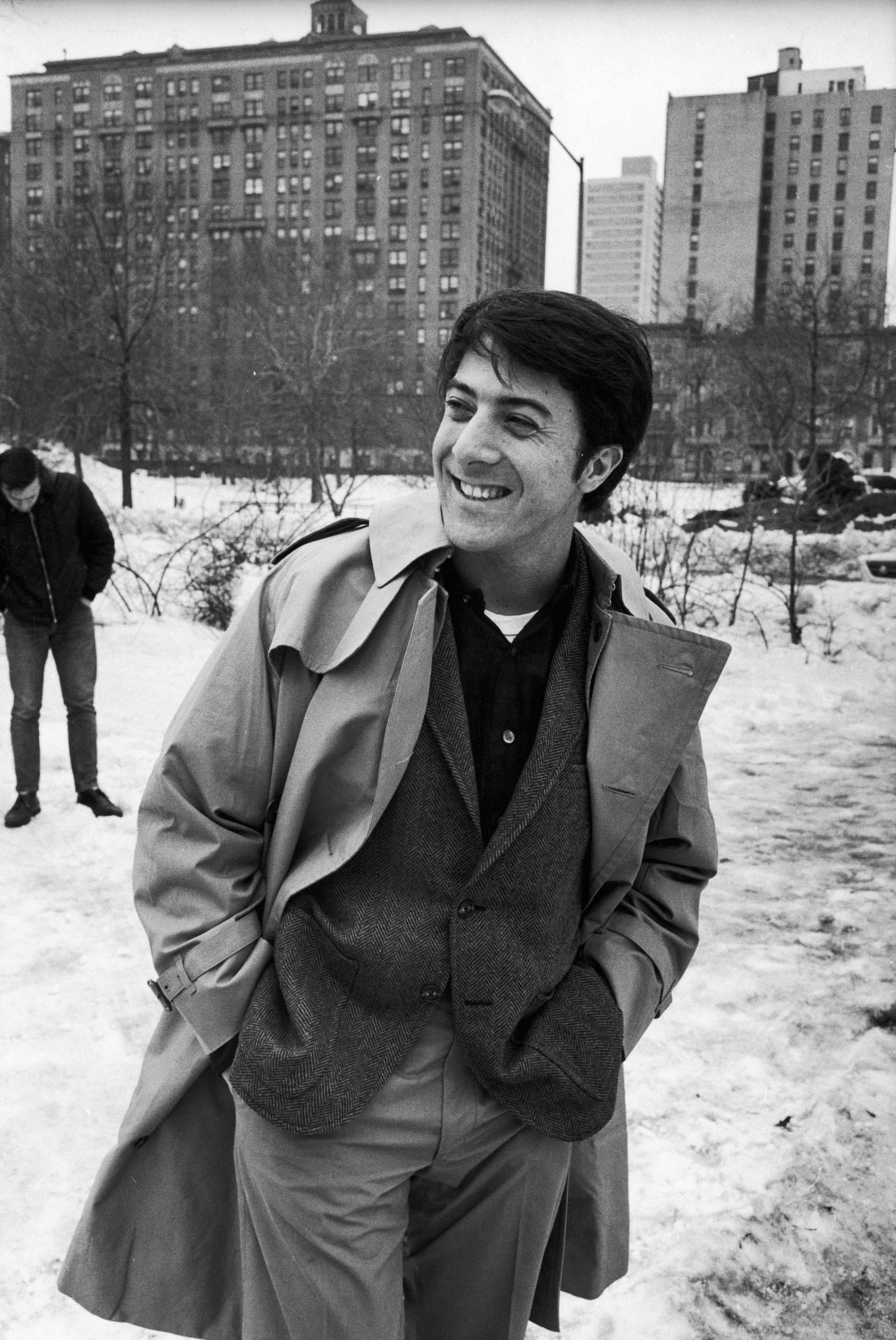
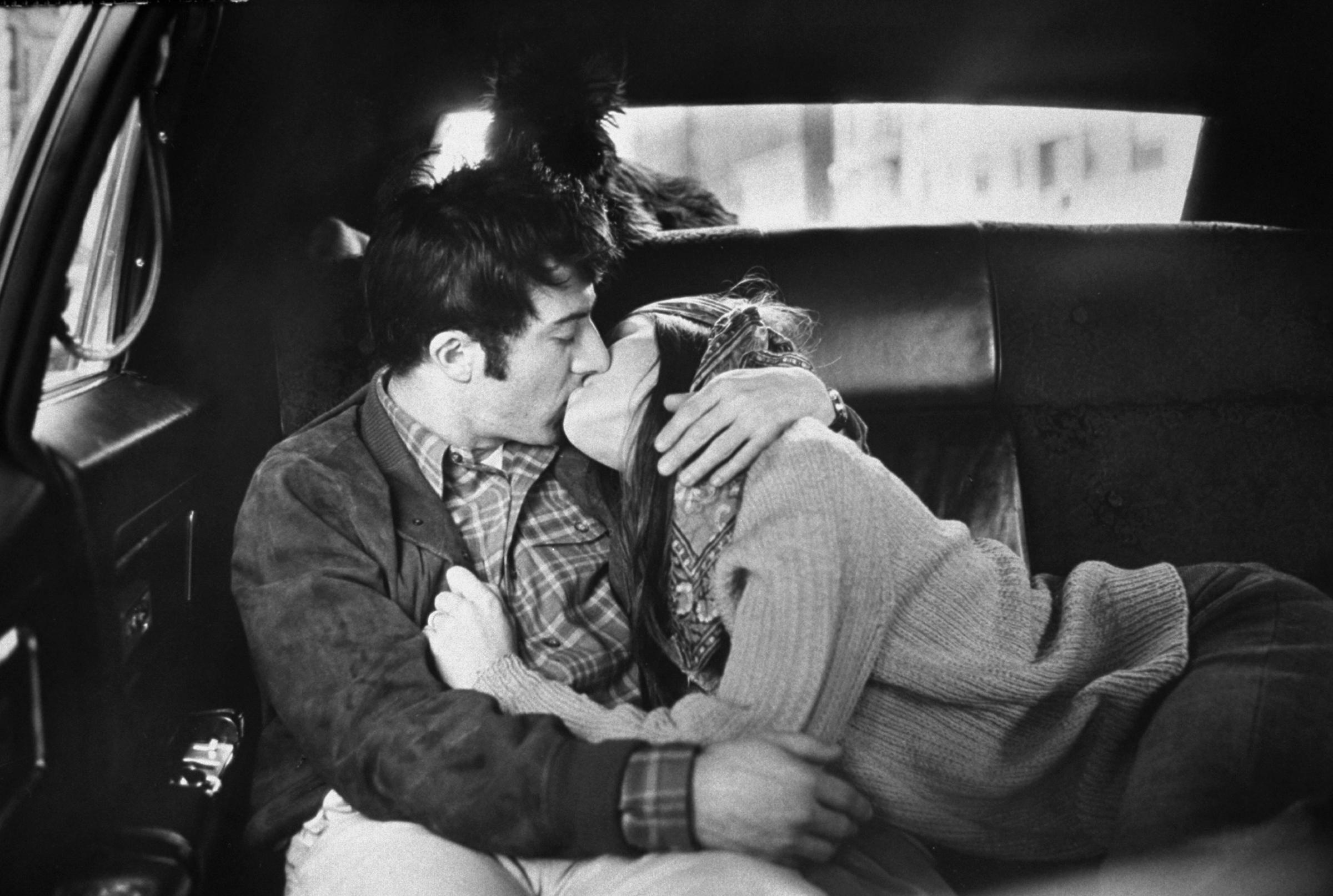
More Must-Reads from TIME
- Donald Trump Is TIME's 2024 Person of the Year
- Why We Chose Trump as Person of the Year
- Is Intermittent Fasting Good or Bad for You?
- The 100 Must-Read Books of 2024
- The 20 Best Christmas TV Episodes
- Column: If Optimism Feels Ridiculous Now, Try Hope
- The Future of Climate Action Is Trade Policy
- Merle Bombardieri Is Helping People Make the Baby Decision
Contact us at letters@time.com